In today’s fast-paced business environment, small businesses face complex financial challenges that demand strategic decision-making. While most startups and growing companies can’t afford a full-time Chief Financial Officer (CFO), they still need high-level financial guidance to scale smartly. That’s where outsourced CFO services come in; a flexible, cost-effective solution that brings CFO-level expertise without the executive price tag.
What is an Outsourced CFO?
An outsourced CFO is a finance professional or firm that provides strategic financial leadership to your business on a part-time, contract, or project basis. Unlike a full-time CFO, an outsourced CFO works with multiple clients and is brought in to deliver specific outcomes—like budgeting, forecasting, financial reporting, cash flow management, or fundraising support.
Instead of hiring a full-time CFO (which can cost $150K–$300K+ per year), businesses – especially startups, small businesses, and growing companies hire outsourced CFOs to gain access to that same level of expertise on demand and at a lower cost.
You might also hear terms like fractional CFO, virtual CFO, or interim CFO. While the exact nature of the service may vary, the core benefit remains the same: expert financial guidance when you need it.
What Does an Outsourced CFO Do?
An outsourced CFO offers many of the same services a full-time CFO provides, including:
· Strategic Financial Planning: Helps you understand your company’s financial health and align finances with your long-term goals.
· Cash Flow Management: Ensures you have enough cash to cover operations and growth. They forecast inflows and outflows, identify gaps, and improve liquidity.
· Budgeting & Forecasting: Builds financial models that predict future performance based on historical data and business goals.
· Financial Reporting & Analysis: Creates and interprets detailed financial reports to help you make better business decisions.
· Fundraising & Investor Support: Helps with capital raises, investor presentations, term sheet reviews, and negotiations.
· Risk Management & Compliance: Establishes internal financial controls and ensures you’re meeting financial regulations and deadlines.
Why Small Businesses Need a CFO (Even If It’s Outsourced)
A CFO does more than manage spreadsheets and close the books; they help you see the financial big picture and make smarter business decisions. Small businesses often overlook the strategic value of CFOs until they hit a roadblock.
Here’s what an outsourced CFO can bring to the table:
- Strategic financial planning to align your financial goals with your business objectives.
- Cash flow forecasting to avoid liquidity issues.
- Budgeting and variance analysis to monitor performance.
- Financial reporting that ensures accuracy and transparency.
- Fundraising support including pitch prep and investor communications.
- Risk assessment and compliance to stay ahead of regulatory issues.
Signs Your Business Might Need an Outsourced CFO
Wondering if it’s time to bring in outside financial help? Here are some signs:
- You’re experiencing rapid growth and need better financial controls.
- Your cash flow is unpredictable.
- You’re preparing for a merger, acquisition, or fundraising round.
- You don’t have time (or expertise) to analyze financial data.
- Your bookkeeping is solid, but strategic planning is lacking.
What to Look for in an Outsourced CFO for Small Business
Choosing the right CFO partner is critical. Look for:
- Experience in your industry
- Strong communication skills
- Proficiency in tools like QuickBooks, Xero, NetSuite
- Ability to scale with your business
- Positive client testimonials or case studies
Ask about their process, deliverables, and how they measure success with clients.
What Does It Cost?
Outsourced CFO services are usually priced in one of three ways:
- Hourly: Ideal for short-term or ad-hoc projects.
- Retainer-Based: A set number of hours per month; good for ongoing support.
- Project-Based: For fundraising, due diligence, audits, or system implementation.
Rates can vary per hour, depending on expertise and location. While this may seem steep, the return on investment can be significant better financial decisions, increased profitability, and smoother growth.
Final Thoughts
Outsourcing your CFO function isn’t just a cost-saving tactic; it’s a strategic move that empowers small businesses with the financial leadership they need to thrive. Whether you’re scaling quickly, navigating a funding round, or just trying to make sense of your numbers, an outsourced CFO can be your guide to smarter, stronger financial decisions.
Ready to take control of your business finances?
Consider hiring a fractional or virtual CFO to gain expert guidance and peace of mind without breaking the bank.


